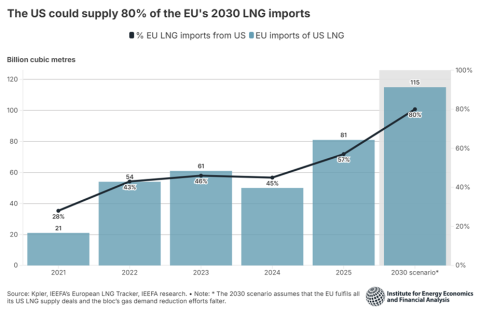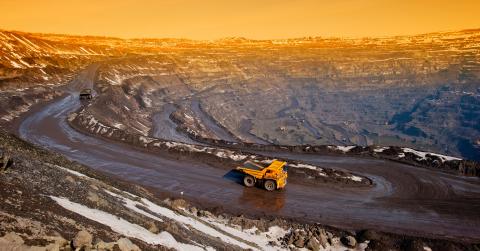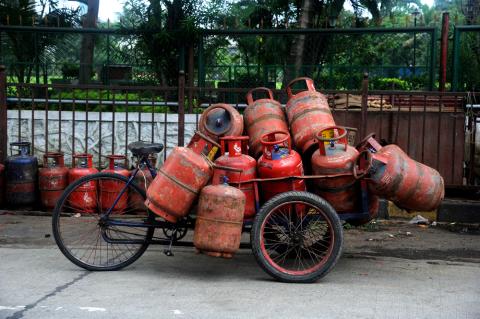Calling for a Federal Inquiry on Link Between Campaign Donations and Utah’s $53 Million Coal-Port Payout
The Utah Legislature has approved a $53 million payment toward development of a Port of Oakland expansion (more than 700 miles away) ostensibly so that coal mined in Utah can be shipped overseas.
Here’s the problem with the deal: Coal-export markets off the U.S. West Coast will remain deeply dismal for the foreseeable future. The coal trade is oversupplied and the main consumers of seaborne coal, China and India, are looking inward for their coal-supply futures.
This reality is reflected across the U.S. coal industry.
On the same day that the Utah Legislature approved its $53 million folly, Arch Coal announced it was canceling its longstanding plan for the Otter Creek mine project in Montana. That mine was supposed to have supplied coal for both export from the West Coast and for domestic use, but neither market has any need for what would’ve come out of Otter Creek. Nor is there any need for more Utah coal.
A few days before Arch’s announcement, Alpha Natural Resources, which has holdings in eastern U.S. coal and in the Powder River Basin of Montana and Wyoming, announced a bankruptcy reorganization plan. Alpha is now selling its interest in the coal-export Dominion Terminal in Virginia, which happens to be one of the few remaining U.S. terminals still used regularly to ship coal. Much of Alpha’s metallurgical coal-export reserves are also up for sale, and Alpha has put its Powder River Basin holdings on the block, too, preferring to work a smaller metallurgical market from whatever’s left of its eastern coal reserves. Clearly the industry is in trouble.
We’ve previously commented on the U.S. coal industry’s overly ambitious export schemes spearheaded by the likes of Cloud Peak Energy, Ambre Energy, Goldman Sachs, Gunvor/First Energy, Kinder Morgan, and so on. We’ve also noted the termination of coal exports from Alaskan coal producers and how expansion of coal markets today is the last thing on the minds of any U.S. coal producer or its investors.
We’ve also identified weakening trends specifically in the production and sale of Utah coal domestically, and we share a common analysis for coal-export markets with one of the best-known pro-coal analysts in the country.
Meanwhile, Peabody Energy, the biggest private-sector coal producer in the world, is teetering on the brink of bankruptcy.
We’ve pointed out, too, how Bowie Resources, the principal beneficiary from Utah’s legislative action, is shipping less coal through the Port of Stockton, where officials have announced they are moving away from coal as a revenue source for that Port.
We now know by way of reporting from the East Bay Gazette in Oakland that key Utah legislators and Gov. Gary Herbert (pictured here) have received political contributions from Bowie Resources over the past two years. Some of that money came in just ahead of the formal submission of the plan application to the Permanent Community Impact Fund, the mechanism by which the $53 million is being funneled, last April. And some was doled out toward the end of last year, just before the legislative session in which the deal was approved.
The reason campaign money is required to make this deal go forward is that it cannot stand on its own in the marketplace.
When a legislature and a governor start acting like they think they’re investment bankers– taking part in a commodity-trading scheme through an out-of-state port plant based on only the ghost of a chance of success — well, there’s a problem.
This appropriation, as far as we know, has been made without standard input from independent financial advisors, investment counsel, underwriters, or state auditors. Such safeguards are the norm in state investment initiatives, and their absence in this instance raises questions around why these safeguards were so readily waived and what role contributions to Governor Herbert and his allies in the Legislature played.
It falls to the U.S. attorney in Utah now to open a query into this scandal. The inspector general of the Department of Department of Interior should review it, too, since it involves federally owned property, it’s a reckless appropriation of scarce federal money, and it is further tainted now by campaign contributions.
Tom Sanzillo is IEEFA’s director of finance.















